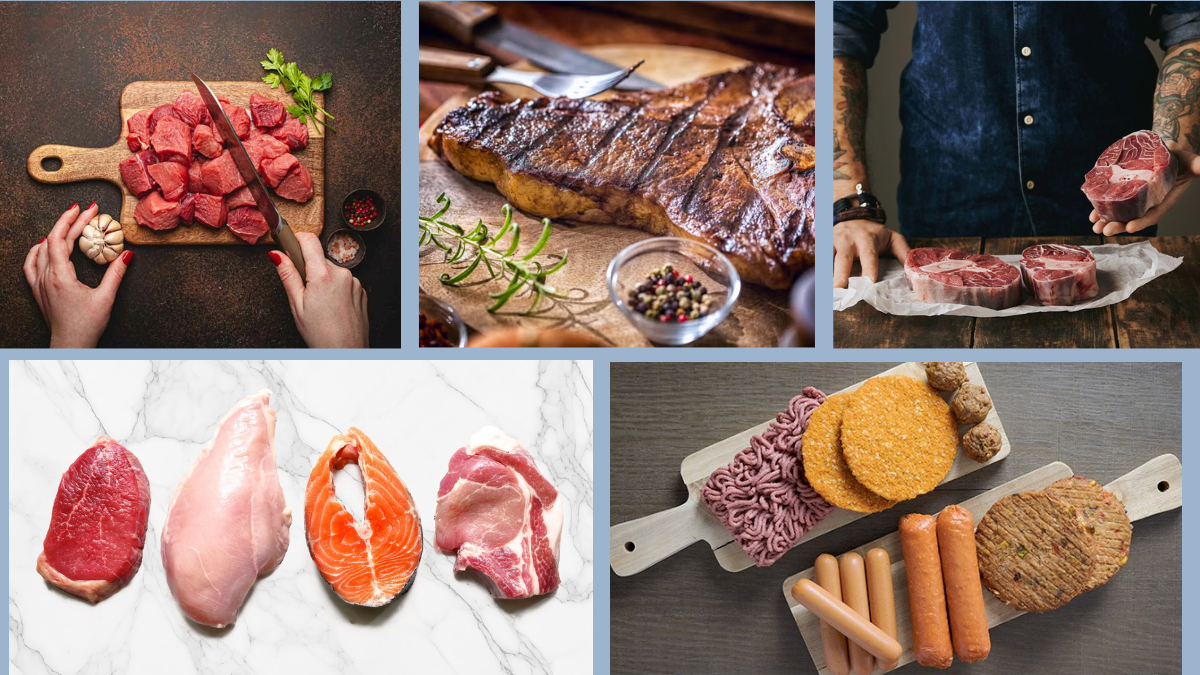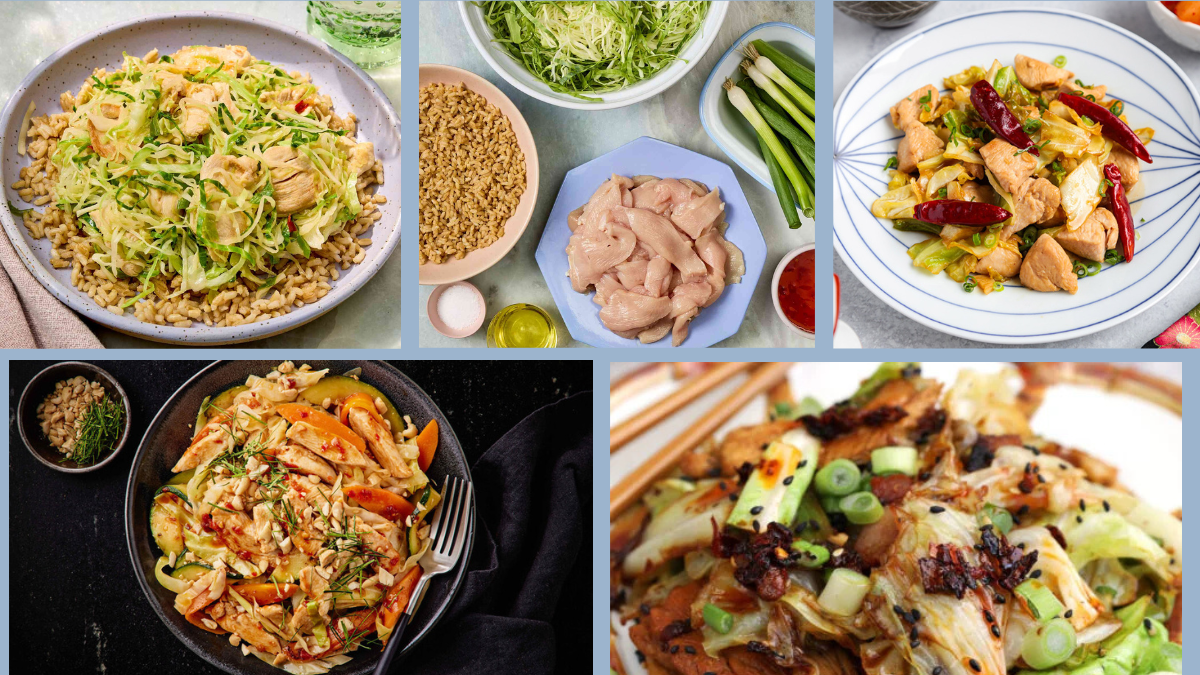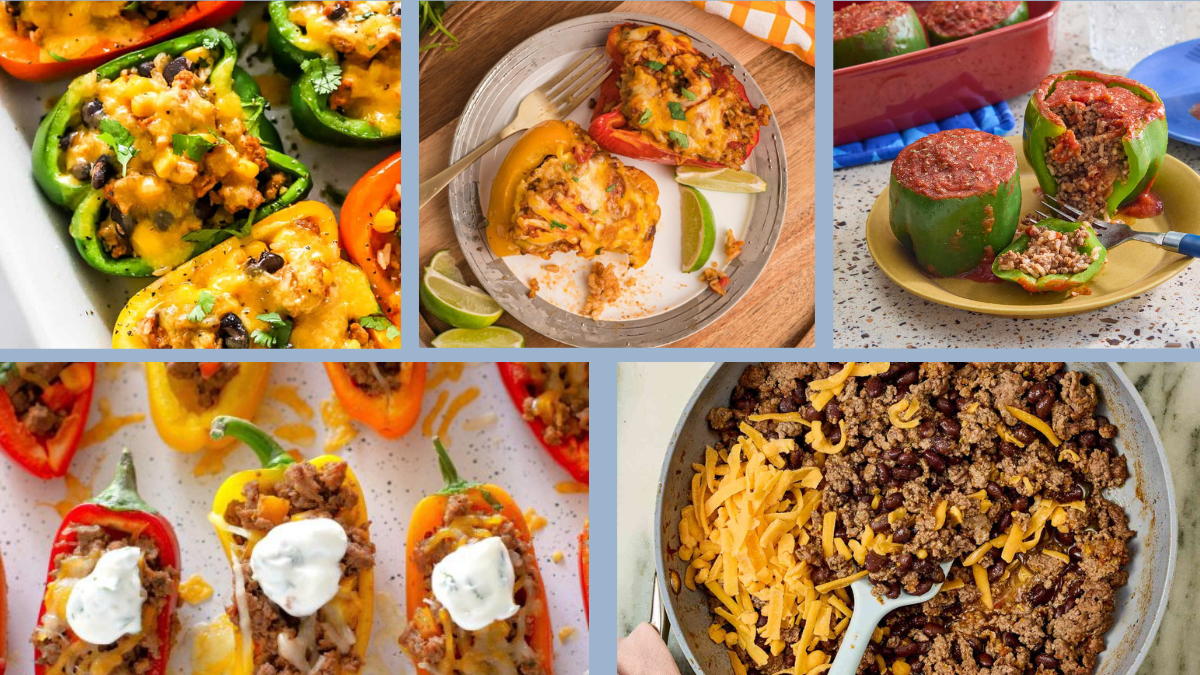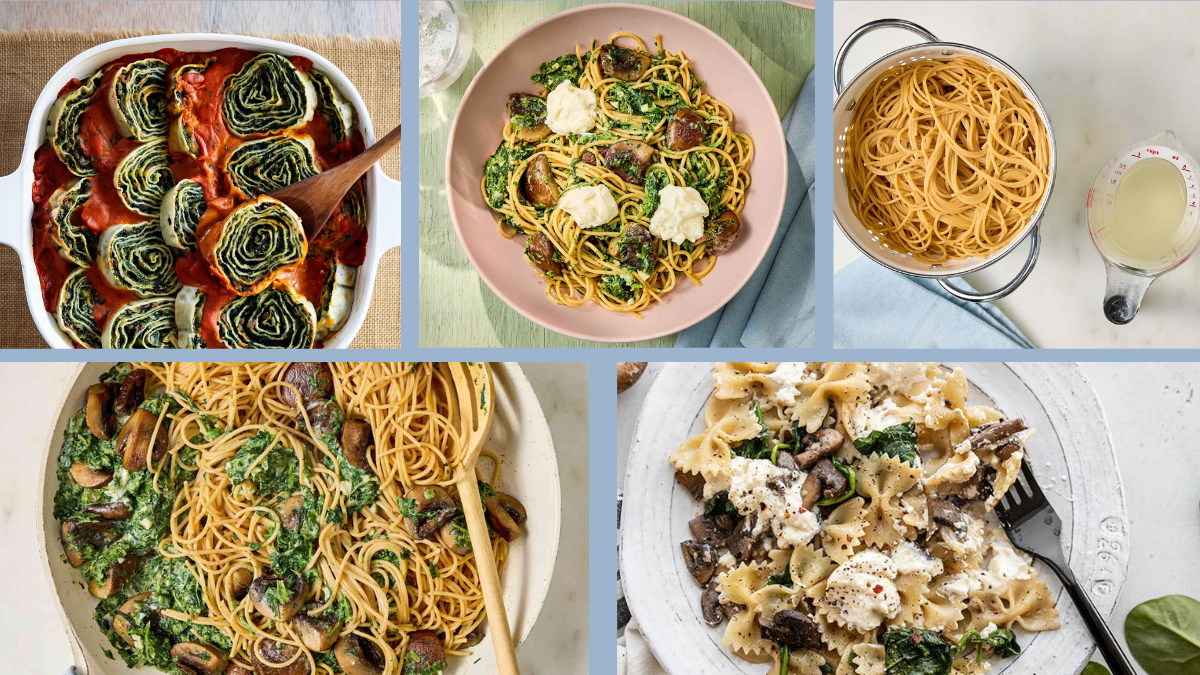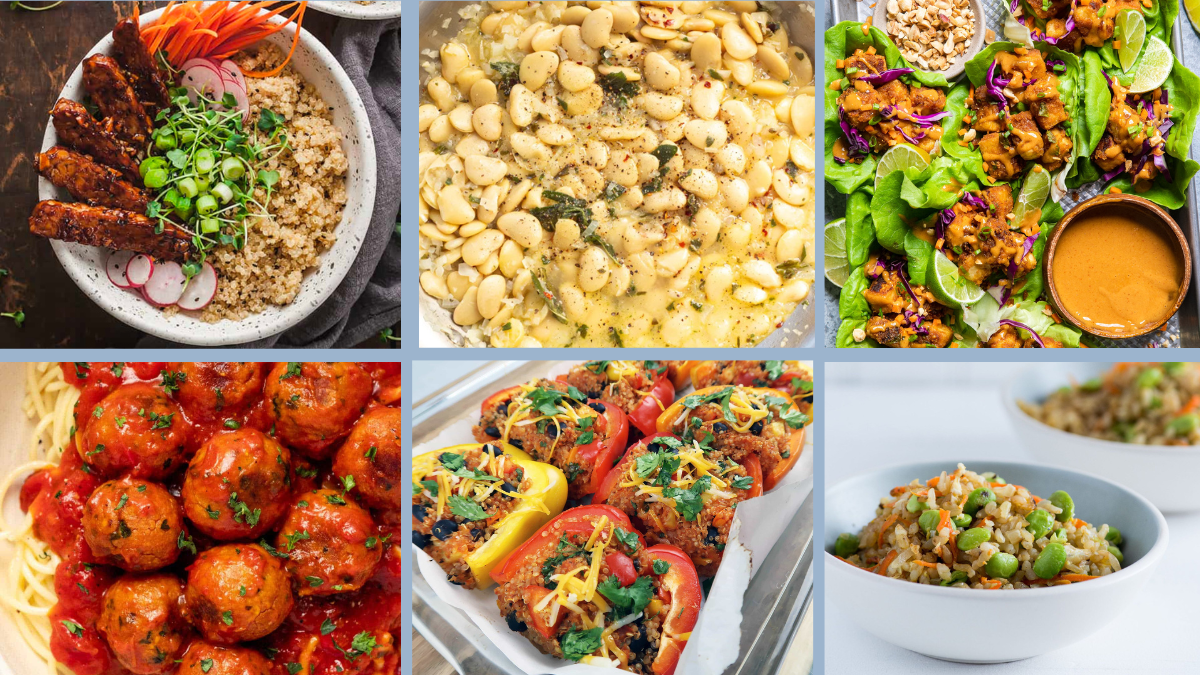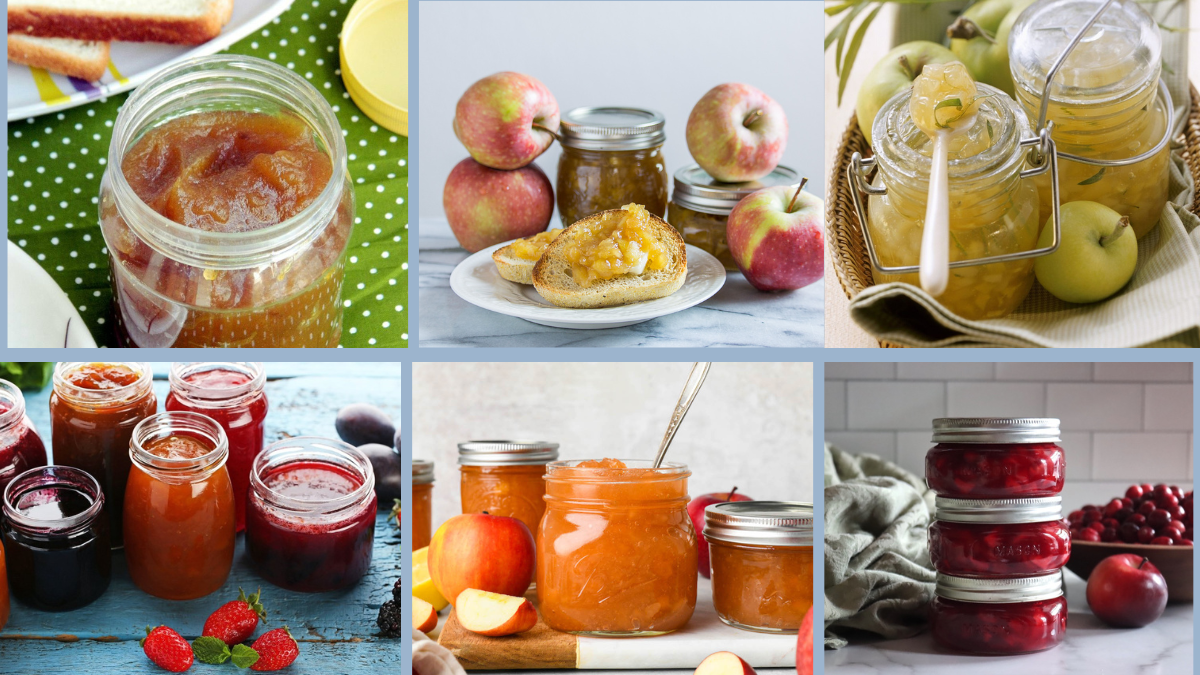Cutting meat from your diet is a big decision—one that can lead to powerful health benefits, positive environmental impact, and a more compassionate way of living. Whether you’re motivated by ethics, health, or sustainability, going meat-free doesn’t mean sacrificing nutrition or flavor. However, doing it right is key.
As a nutritionist would say, “Removing meat isn’t just about subtraction—it’s about smart substitution.” In this guide, we’ll walk you through everything you need to know to thrive on a meat-free diet: from essential nutrients to sample meal plans, common mistakes, and what to expect as your body adjusts.
No meat. No fish. No problem.
Why People Are Saying Goodbye to Meat

Before we dive into the nutritional advice, let’s briefly touch on why so many people are rethinking meat:
- Health benefits: Lower risk of heart disease, type 2 diabetes, high cholesterol, and certain cancers
- Weight management: Plant-based diets tend to be lower in calories and saturated fats
- Environmental impact: Reduced carbon footprint and water usage
- Ethical reasons: Concerns about animal welfare in industrial farming
Whatever your reason, the key to success is knowledge and planning.
The First Rule: Balance Over Restriction

Many people think vegetarianism is simply cutting out meat. In reality, it’s about replacing it with equally nutritious plant-based foods that keep your body fueled and nourished.
What NOT to do:
- Relying solely on carbs like white bread, pasta, and fries
- Replacing meat with processed “fake meats” at every meal
- Forgetting to track protein and iron intake
A well-planned vegetarian diet includes a rainbow of whole foods: vegetables, fruits, legumes, whole grains, nuts, seeds, and (if desired) dairy or eggs.
Key Nutrients You Need on a Meat-Free Diet

Here’s what a nutritionist will tell you: cutting meat doesn’t mean cutting nutrients—if you know where to find them.
1. Protein
Meat is a concentrated source of protein, but so are many plant-based foods. Your body needs protein for muscle repair, immune function, and hormone production.
Best vegetarian sources:
- Lentils, chickpeas, black beans
- Tofu, tempeh, edamame
- Quinoa (a complete protein!)
- Nuts and seeds (chia, hemp, pumpkin)
- Greek yogurt, milk, and cheese (if consuming dairy)
Daily need: ~0.8 to 1 gram of protein per kg of body weight. Active individuals may need more.
2. Iron

Iron helps carry oxygen through your blood. Without meat, you’ll be getting non-heme iron, which is less easily absorbed than iron from animal sources.
Iron-rich vegetarian foods:
- Spinach, kale, swiss chard
- Lentils, soybeans, white beans
- Pumpkin seeds, sesame seeds
- Iron-fortified cereals and oats
Tip: Pair iron-rich foods with vitamin C (like citrus fruits or bell peppers) to boost absorption.
3. Vitamin B12

This one’s crucial. B12 helps form red blood cells and supports brain function, but it’s found naturally only in animal products.
Options for vegetarians:
- B12-fortified plant milks, cereals, and nutritional yeast
- B12 supplements (recommended for most vegetarians and vegans)
Low B12 can lead to fatigue, nerve issues, and memory problems. Don’t skip it.
4. Calcium and Vitamin D
If you stop eating meat but still consume dairy, you may still meet your calcium needs. But if you limit dairy, look for other sources.
Non-dairy calcium sources:
- Fortified plant milks (almond, soy, oat)
- Kale, bok choy, collard greens
- Tofu made with calcium sulfate
- Chia seeds and almonds
Vitamin D, needed for calcium absorption, comes from sunlight and fortified foods. If you live in a cloudy climate or are indoors often, consider a supplement.
5. Omega-3 Fatty Acids
Omega-3s are essential fats for heart and brain health. Fatty fish are a primary source, but vegetarians can get ALA (a type of omega-3) from:
- Flaxseeds and flax oil
- Chia seeds
- Walnuts
- Hemp seeds
- Algae-based omega-3 supplements (for DHA and EPA)
Common Mistakes (and How to Avoid Them)
Mistake 1: Filling up on processed food
Just because it’s meatless doesn’t mean it’s healthy. Many vegetarian frozen meals, chips, and mock meats are high in sodium, oils, and additives.
Fix: Stick with whole foods most of the time. Think: a colorful Buddha bowl with grains, roasted veggies, legumes, and tahini dressing.
Mistake 2: Not planning meals in advance
You’re more likely to grab an unhealthy option or feel hungry later if your meals aren’t planned.
Fix: Prepare staples like quinoa, lentils, roasted veggies, and hummus ahead of time.
Mistake 3: Skipping protein-rich snacks
Vegetarian diets are often high in carbs, which can leave you hungry if protein is lacking.
Fix: Include high-protein snacks like roasted chickpeas, Greek yogurt, peanut butter on whole grain toast, or protein smoothies.
What Happens to Your Body When You Stop Eating Meat
Here’s a timeline of common changes people experience:
Within 1–2 weeks:
- Improved digestion (thanks to fiber-rich foods)
- Lighter feeling after meals
- Some may feel tired if iron or B12 isn’t adequate
After 3–4 weeks:
- Lower blood pressure and cholesterol
- Increased energy
- Possible weight loss (if overall diet is balanced)
- Clearer skin due to reduced inflammation
After 1–3 months:
- Improved gut microbiome
- Enhanced immune function
- Stable energy levels and mood (especially with a well-rounded diet)
A Sample Day on a Vegetarian Diet
Here’s how a typical day can meet all your nutritional needs without meat:
Breakfast:
Oatmeal with chia seeds, almond milk, sliced banana, and walnuts
- Vitamin B12-fortified orange juice
Lunch:
Quinoa salad with chickpeas, cherry tomatoes, cucumber, avocado, and lemon-tahini dressing
Snack:
Greek yogurt with berries and pumpkin seeds
(or a smoothie with spinach, banana, protein powder, and oat milk)
Dinner:
Lentil curry with brown rice and sautéed kale
- Side of roasted carrots with olive oil
Dessert (optional):
Dark chocolate and a handful of almonds
Should You Take Supplements?
A nutritionist will usually recommend:
- Vitamin B12 – Essential for all vegetarians
- Vitamin D – If you’re not getting enough sun exposure
- Omega-3 (from algae) – If you don’t eat enough seeds/nuts
- Iron – If lab tests show deficiency, especially in women
Whole foods should be the foundation, but smart supplementation fills the gaps.
Final Advice from a Nutritionist
- Transition slowly if needed – Start with Meatless Mondays or vegetarian lunches
- Focus on diversity – Don’t eat the same few foods daily. Mix up your vegetables, grains, and proteins.
- Stay curious – Try new recipes, international cuisines, and plant-based restaurants
- Listen to your body – Fatigue, cravings, or digestive issues may mean you’re missing something nutritionally
Bottom Line
Cutting meat can be one of the most rewarding changes you make for your health, the planet, and animals. But it’s only successful when done mindfully. With the right planning and a bit of curiosity in the kitchen, you’ll not only survive—you’ll thrive.
So, if you’re thinking about cutting meat, take a nutritionist’s advice: don’t just remove—replace smartly.
